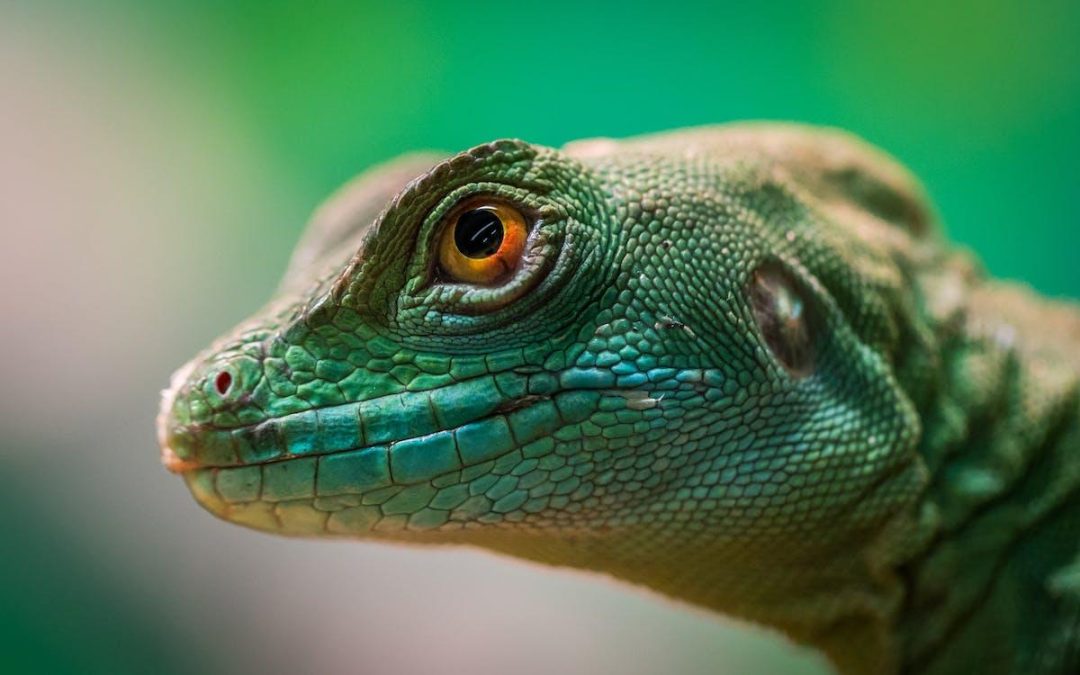Exotic pets have gained tremendous popularity in recent years, and among these intriguing creatures, reptiles stand out as some of the most captivating companions. From the vibrant colors of tropical geckos to the slow and steady charm of tortoises, reptiles offer a unique opportunity to explore a world beyond the furry and feathered.
However, diving into the realm of reptilian companionship requires meticulous research, preparation, and dedication. Read on to learn more about the fascinating world of reptilian realities and gain expert insights for exotic pet lovers.
1. Research Extensively
Before bringing a reptile into your home, thorough research is essential. Different reptile species have vastly different care requirements, ranging from temperature and humidity preferences to dietary needs. Dive into reputable resources such as books, online forums, and care sheets specific to your reptile pet to ensure you are well-prepared for the journey ahead.
2. Habitat Creation and Enclosure Design
Creating a suitable habitat is arguably the most critical aspect of reptile care. Reptiles are ectothermic. These depend on outside sources of heat to maintain their body temperature. Proper enclosure design involves choosing the right size, substrate, temperature gradient, humidity levels, and lighting setup.
Mimicking the reptile’s natural environment is key to their well-being and longevity. Here are some essentials tips to consider when it comes to habitat creation:
- Invest in high-quality heating equipment, such as heat lamps or under-tank heaters, to create a thermal gradient within the enclosure.
- Utilize full-spectrum UVB lighting to help reptiles synthesize vitamin D3 and absorb calcium, which is vital for bone health.
- Provide ample hiding spots and climbing opportunities to cater to your reptile’s natural behaviors.
3. Nutrition and Feeding
Feeding your reptile a well-balanced diet is paramount to their overall health. Each species has specific dietary needs. For insectivorous reptiles, offer a variety of gut-loaded insects to provide essential nutrients. Herbivorous reptiles require a mix of leafy greens, vegetables, and occasionally fruits. Carnivorous reptiles may need pre-killed rodents or insects, depending on their size and dietary preferences. Consult reputable sources or seek advice from experienced reptile keepers to ensure you offer the appropriate diet.
4. Handling and Socialization
While some pet reptiles tolerate handling better than others, it’s crucial to understand their individual temperaments and comfort levels. Before attempting to handle your pet reptile, take the time to learn about their species-specific behaviors and natural instincts.
Some reptiles are naturally more docile and may be more inclined to tolerate handling, while others may find it stressful or even threatening. Here are some crucial reptile handling tips.
- Use a calm and gentle approach. Lift your reptile with slow and deliberate movements, always supporting its body and ensuring its legs and tail are well-supported. Avoid sudden jerky motions, which can startle and stress them.
- Pay close attention to your reptile’s body language. If they appear stressed, agitated, or defensive, it’s best to avoid handling them at that time. Some common signs of stress in reptiles include hissing, puffing up, rapid movements, or attempting to escape.
- Avoid over-handling during times of stress, such as shedding or after relocation.
- Associate handling with positive experiences by offering treats or rewards during and after sessions.
- Short and frequent handling sessions are generally more beneficial than extended interactions. This helps your reptile become accustomed to human contact without overwhelming them.
5. Health and Veterinary Care
Regular veterinary care is a cornerstone of responsible reptile care. Find a veterinarian with expertise in reptile medicine for routine check-ups and advice on preventive care. Look for signs of illness such as lethargy, changes in appetite, discolored skin, or abnormal behavior. Here are some important health and veterinary care tips:
- Parasite infestations are common among reptiles. Regular fecal testing can help identify and treat internal parasites.
- Maintaining a clean enclosure, providing clean water, and practicing proper hygiene when handling your reptile can help prevent parasites.
- Regularly monitor humidity levels and airflow within the enclosure. Improper humidity levels and inadequate ventilation can lead to respiratory infections.
- If introducing a new reptile to your collection, practice quarantine procedures to prevent potential disease transmission to your existing pets.
6. Commitment and Long-Term Care
Owning a reptile is a commitment that often spans years or even decades. Consider the long-term implications and ensure you have the time, resources, and dedication required for proper care. Research the expected lifespan of your chosen reptile species to fully understand the commitment involved. Be prepared for potential changes in your lifestyle, such as housing or travel, to accommodate your reptile’s needs.
Experience Reptilian Bliss with Belltown Pet Services
If you’re intrigued by the captivating world of reptilian companionship but are afraid you’re not equipped to provide the utmost care for your scaly friend, look no further than Belltown Pet Services. Our professionals are well-versed in the intricacies of reptile care, from habitat setup to dietary guidance and beyond.
Let Belltown Pet Services accompany you on this remarkable journey of reptilian companionship. Contact us today to ensure a vibrant and thriving life for your exotic pet. Your reptile deserves the best, and we’re here to make that a reality.

